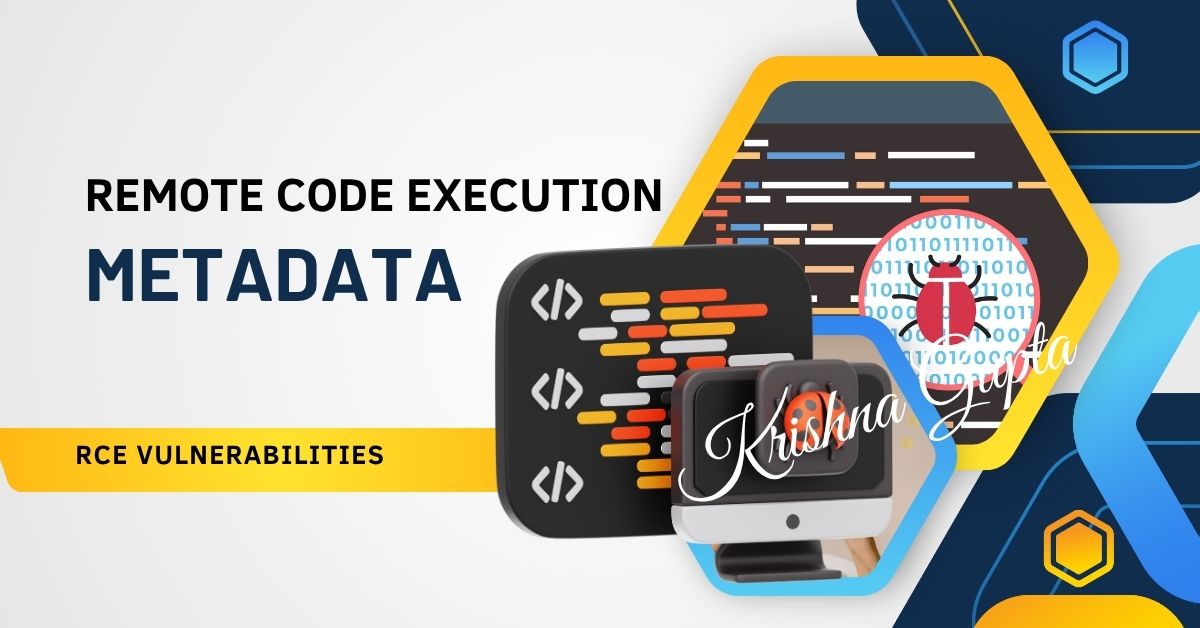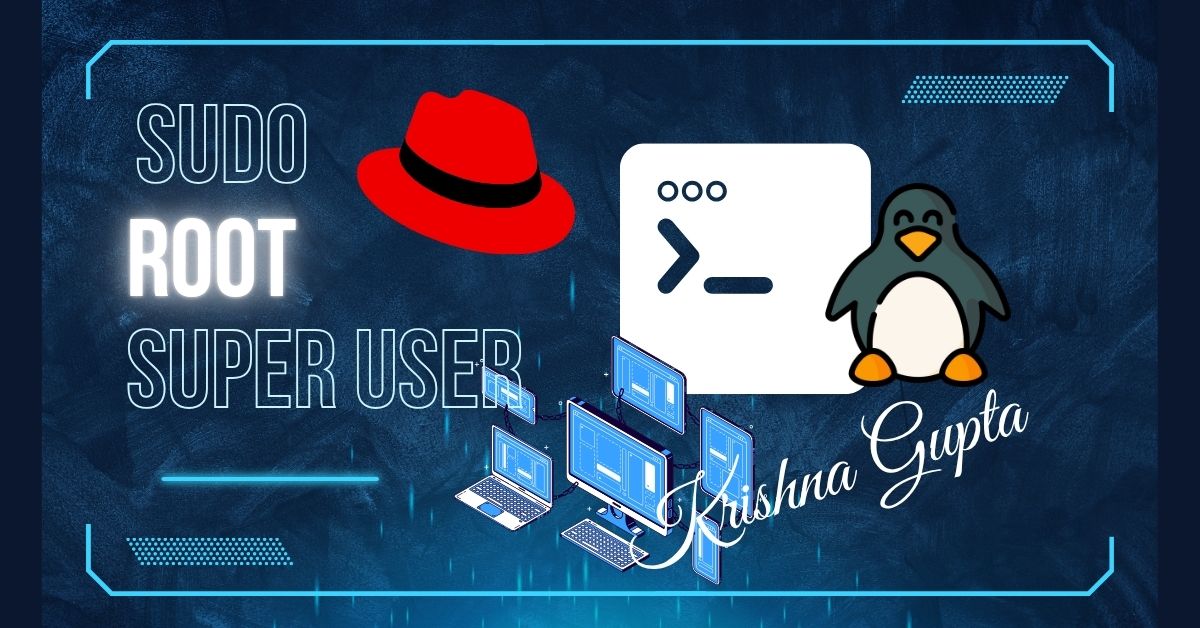How a Tiny Detail Led to Remote Code Execution: A Wake-Up Call for Business and Security Leaders
For C-Suite leaders and penetration testers alike, it is essential to understand that attackers do not need a thousand mistakes to breach your network; they need just one. Every application component, every dependency, and every piece of exposed metadata is a potential foothold.
What we uncovered during this assessment is a textbook example of how modern attack chains are built — not through brute force, but through precision and patience.




